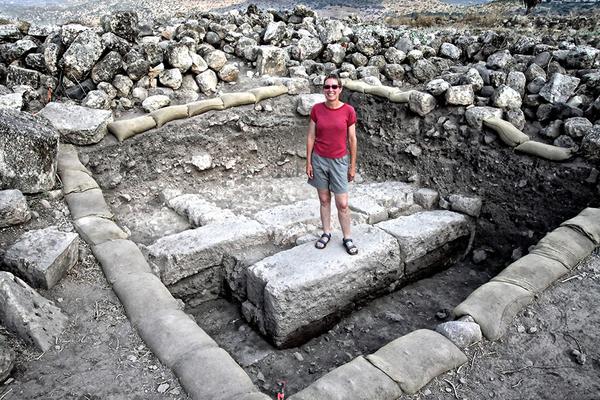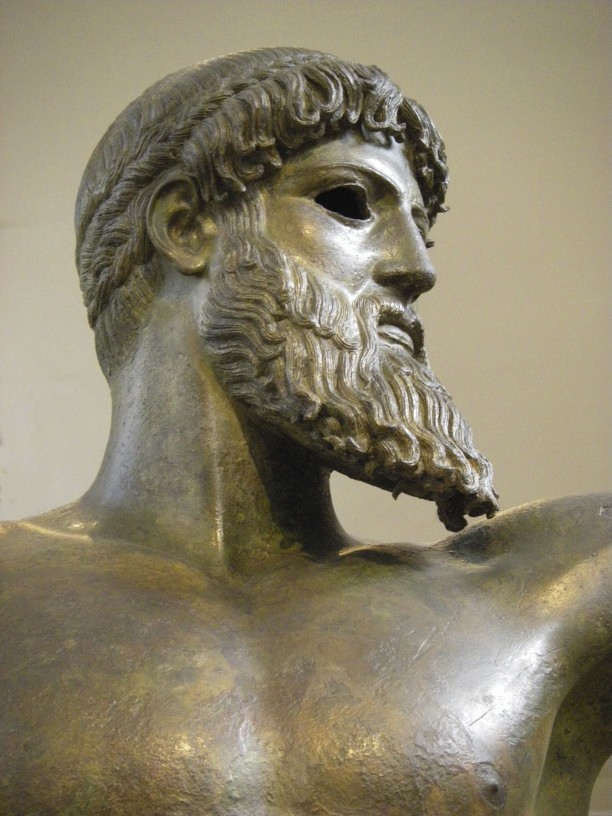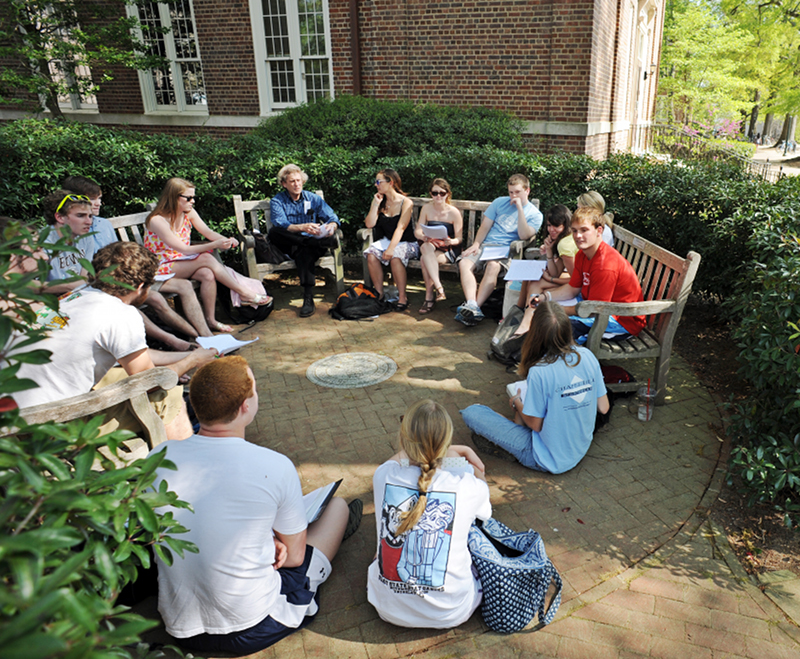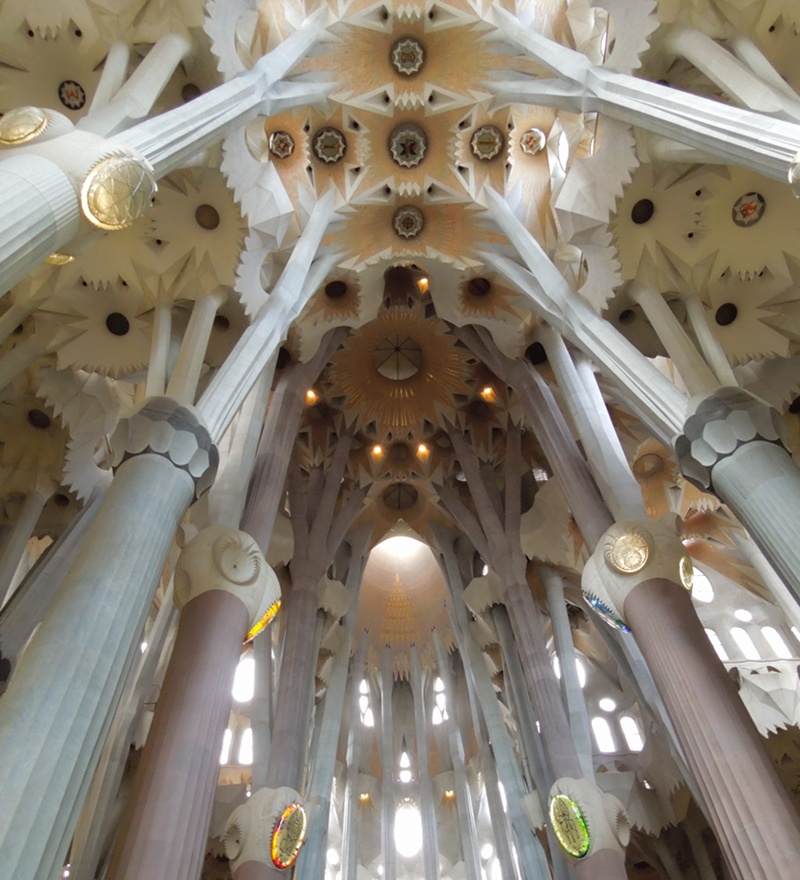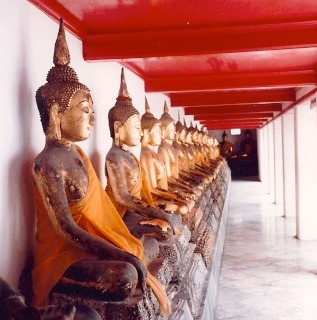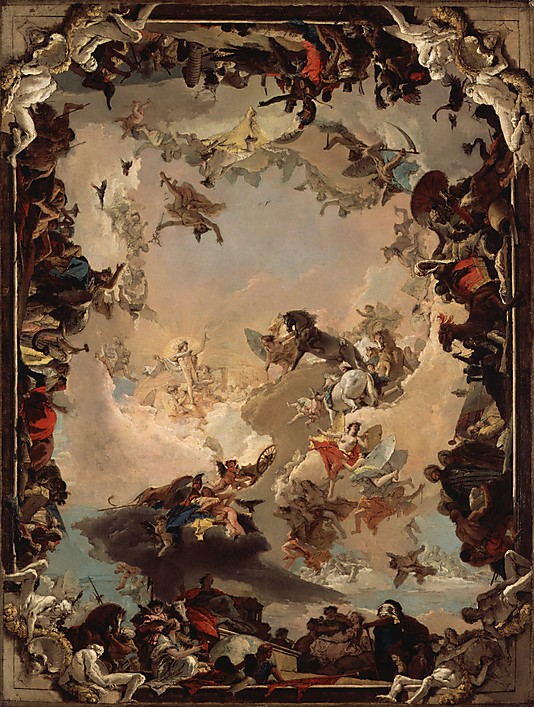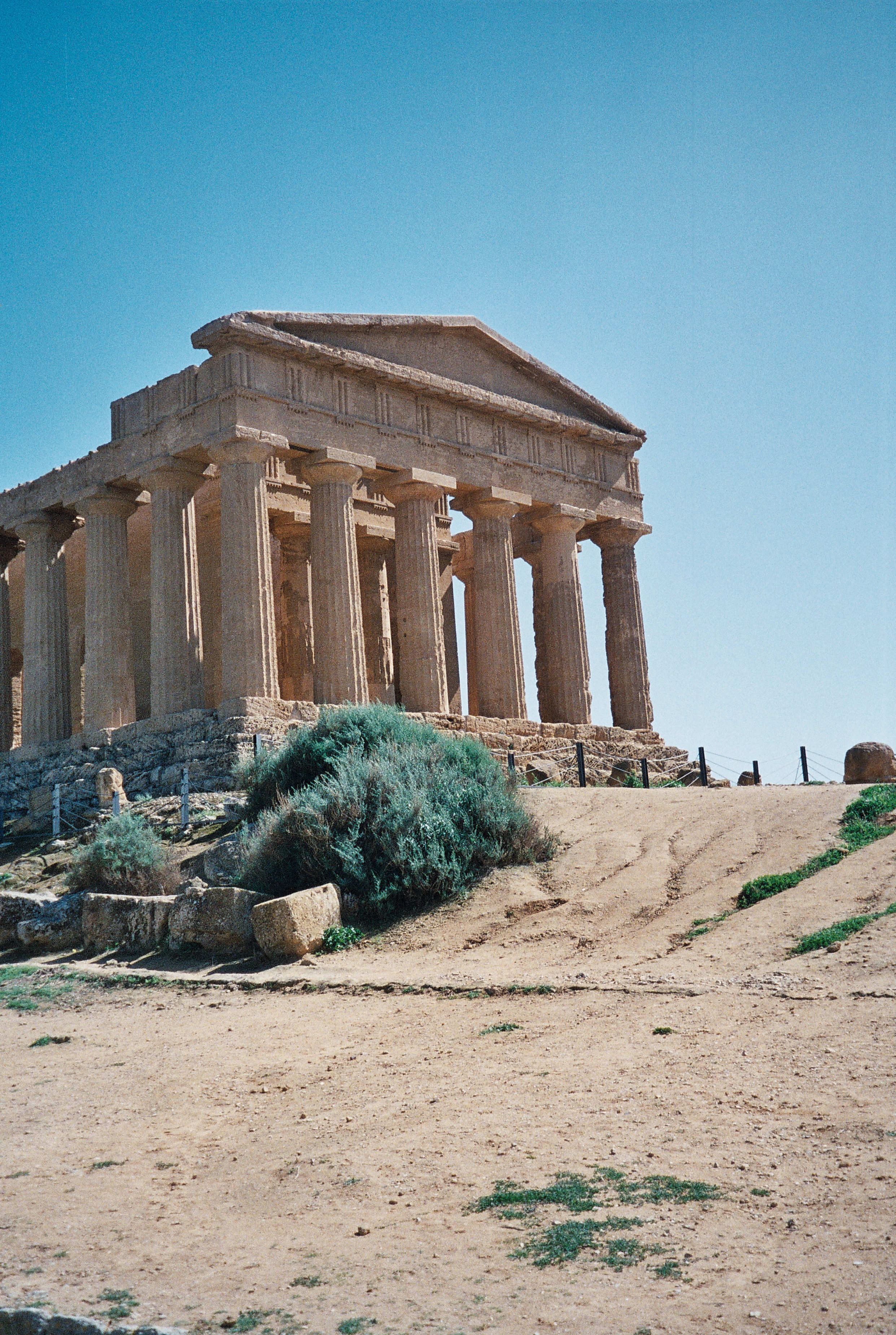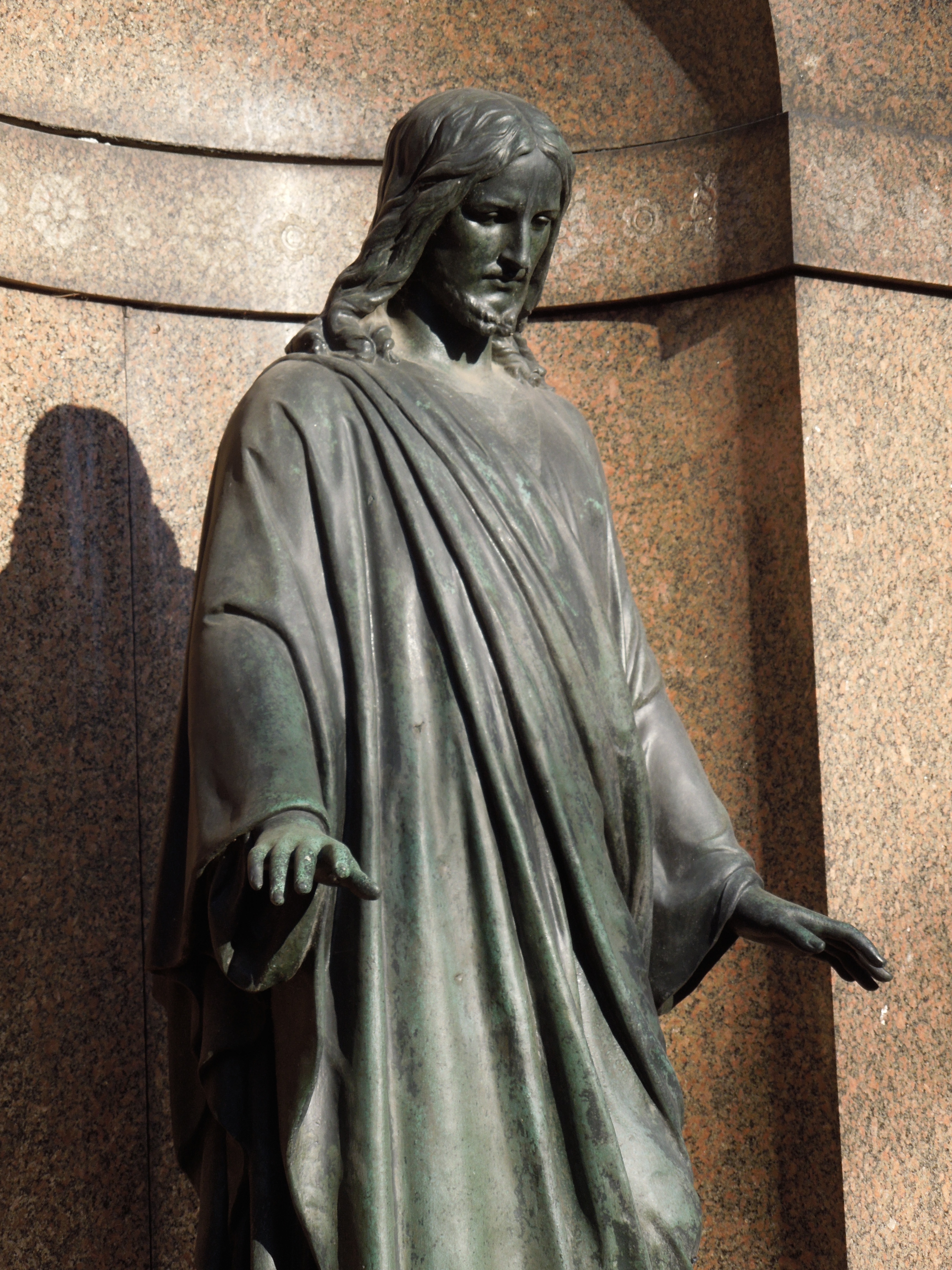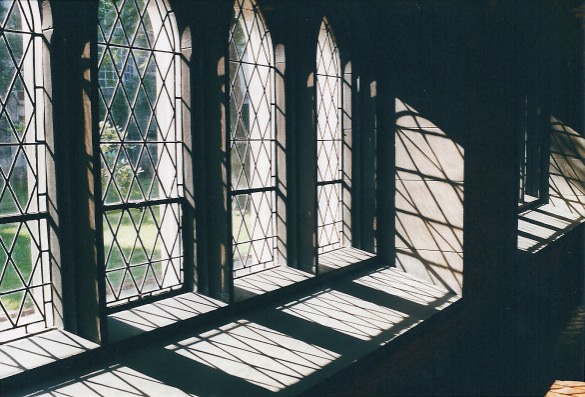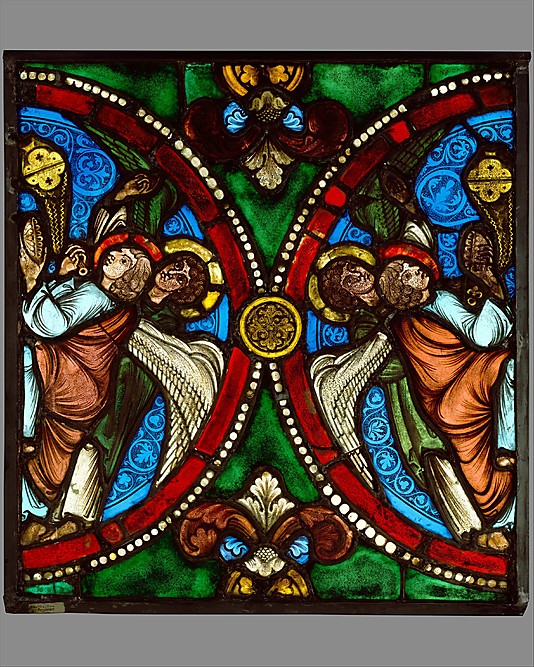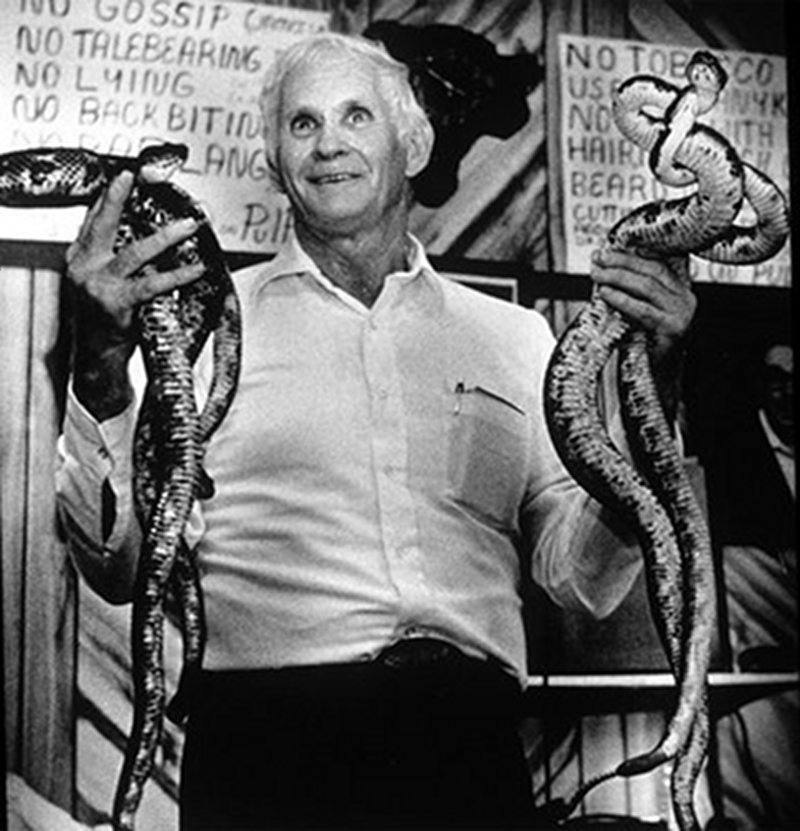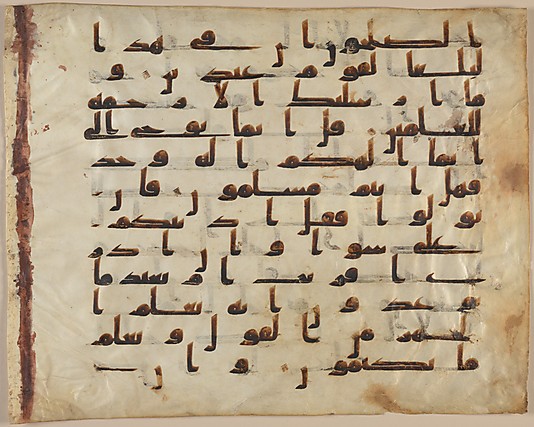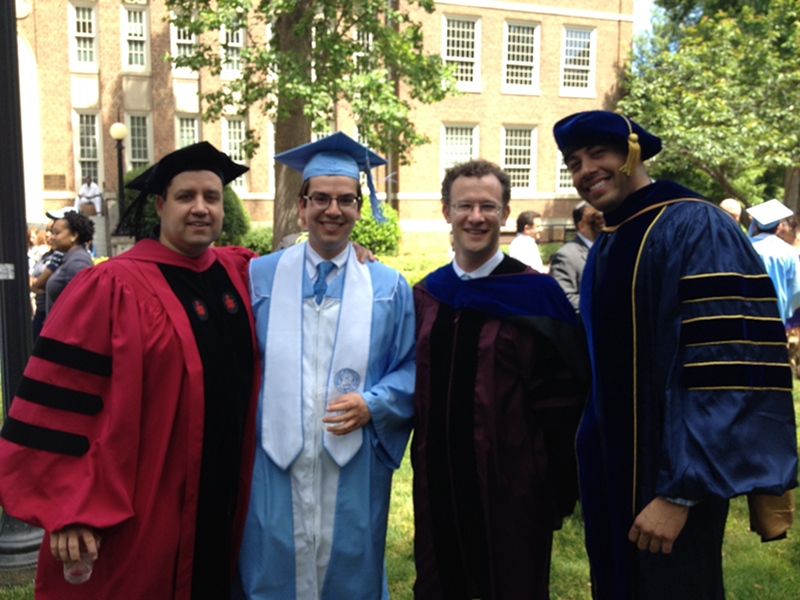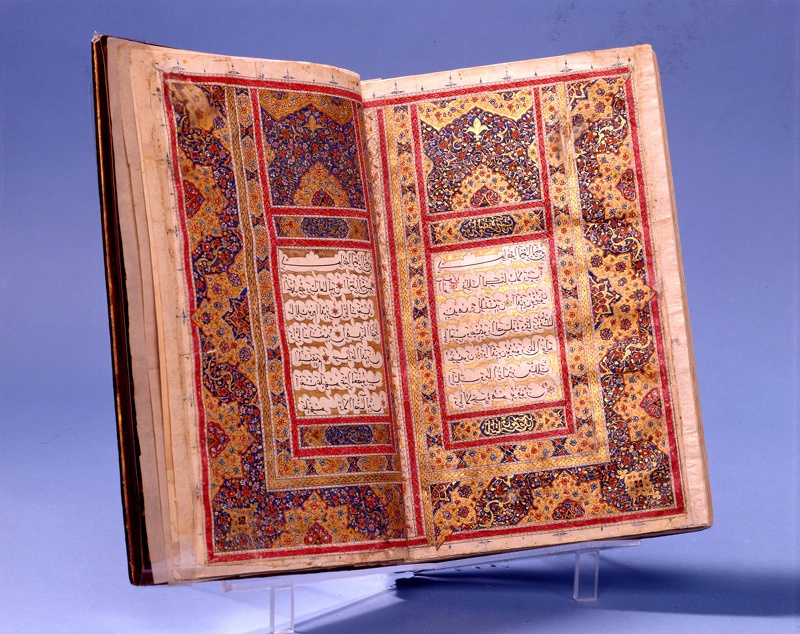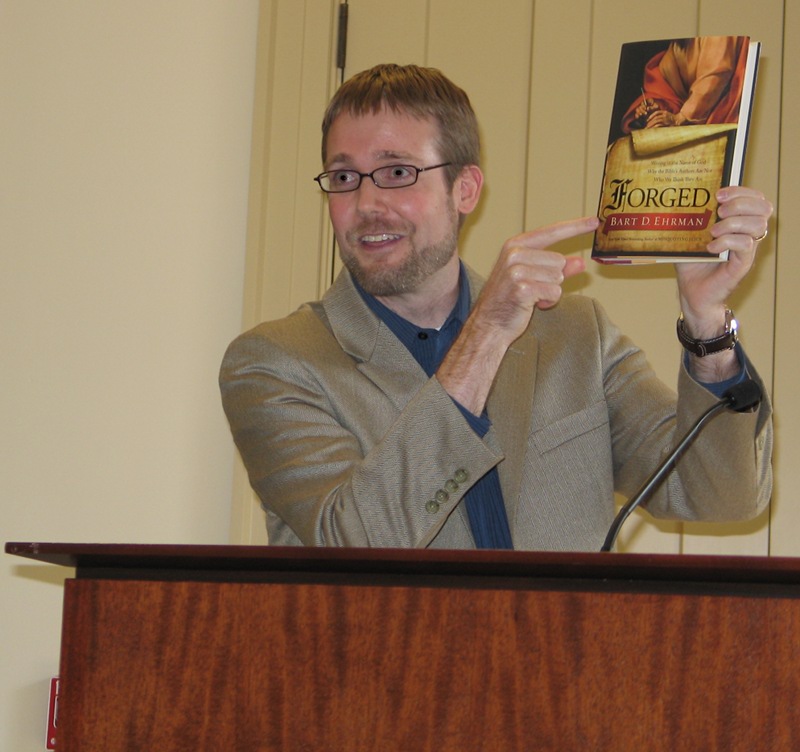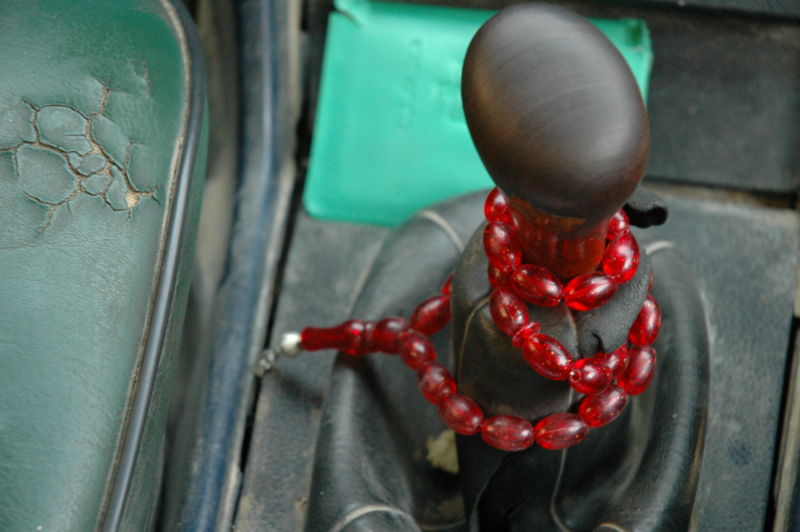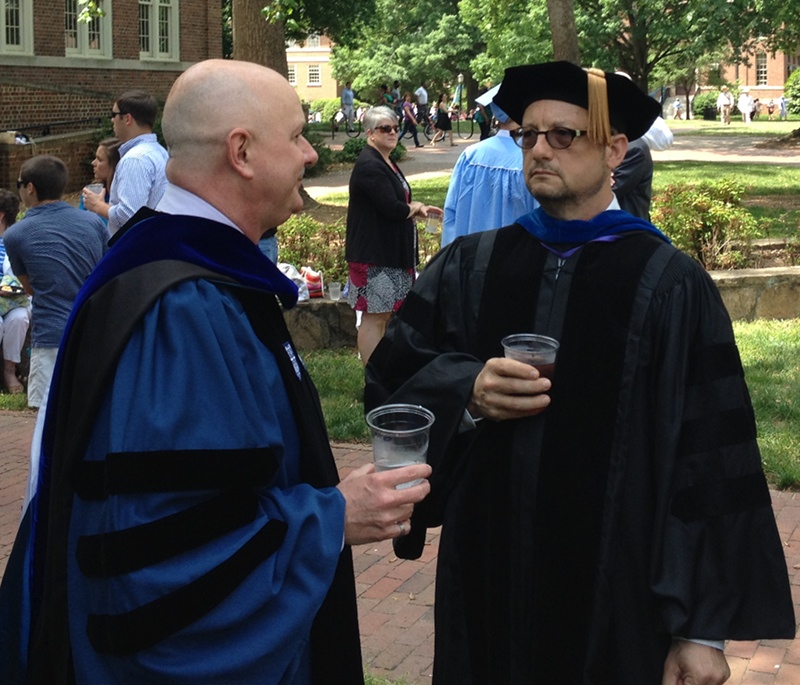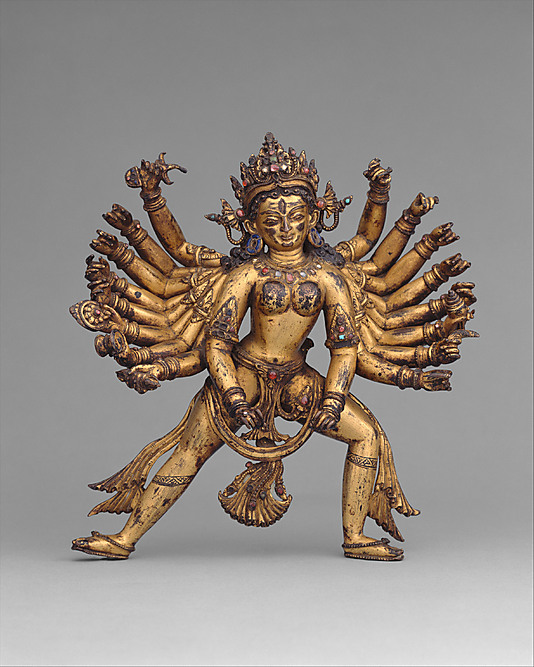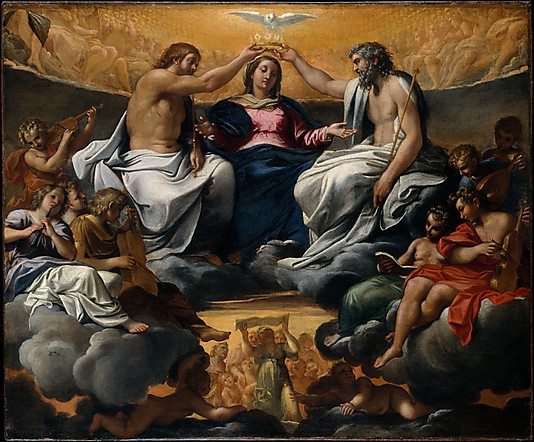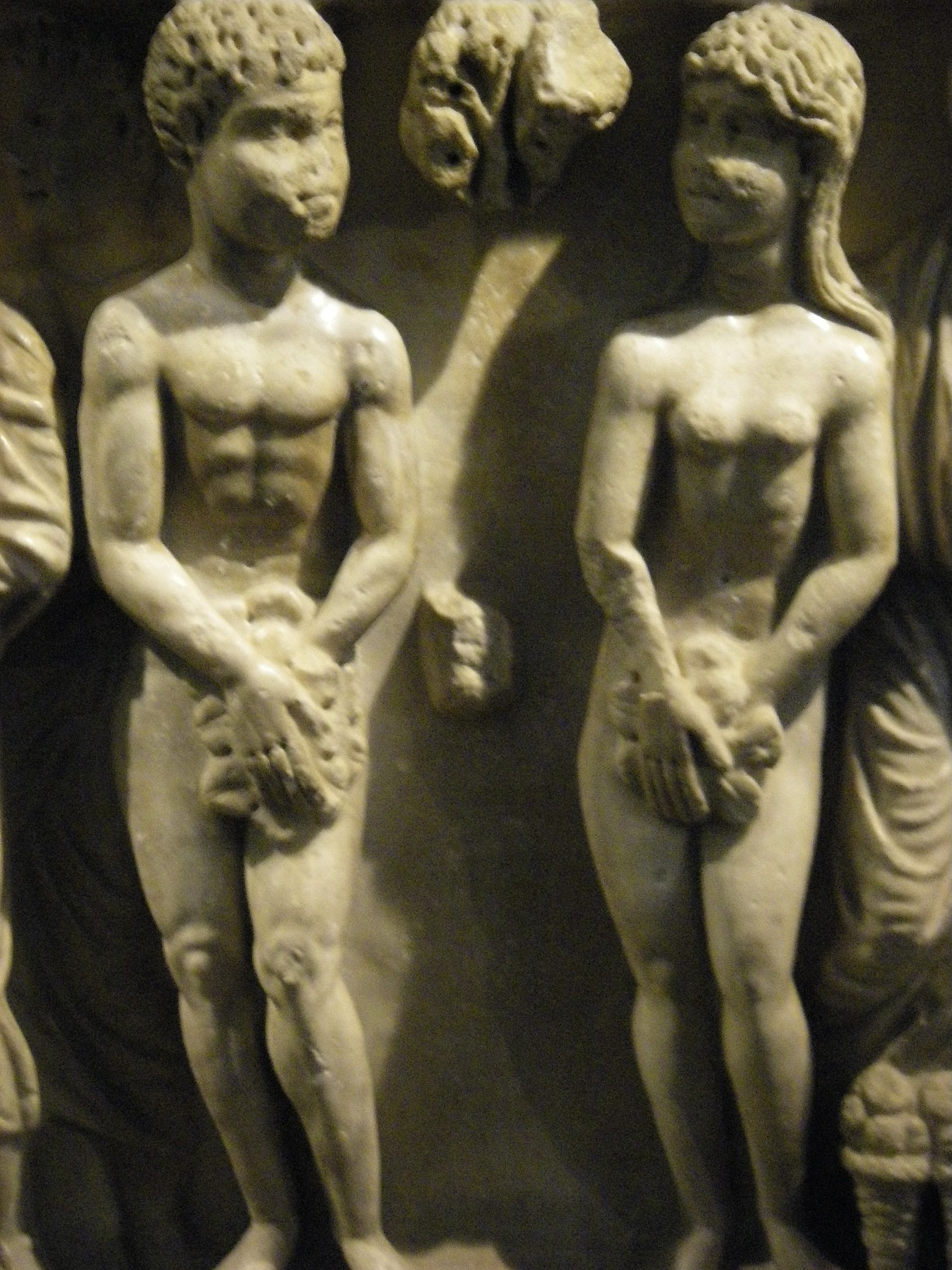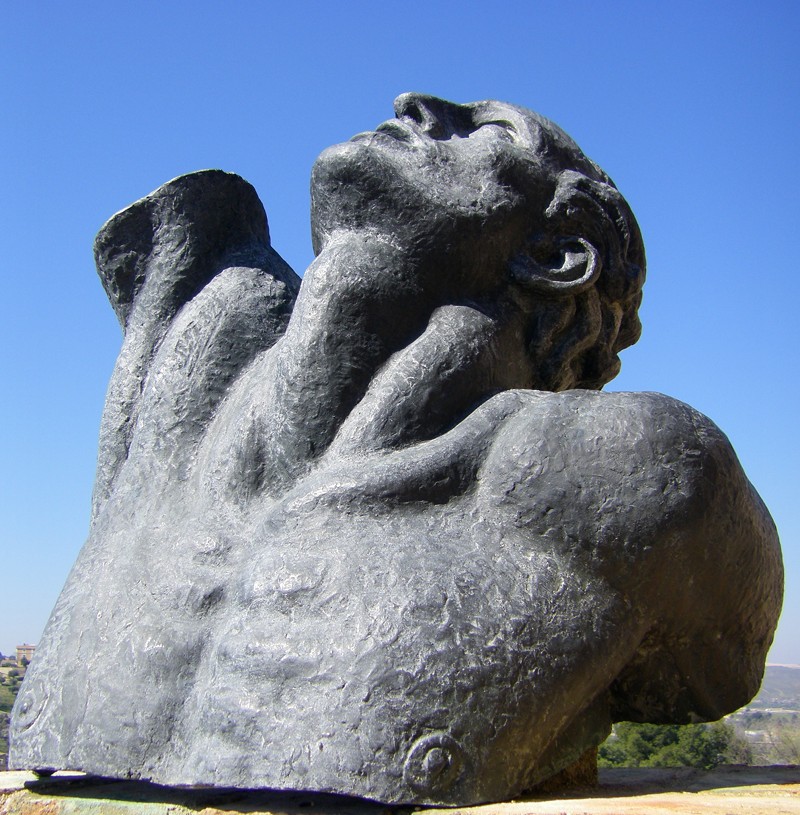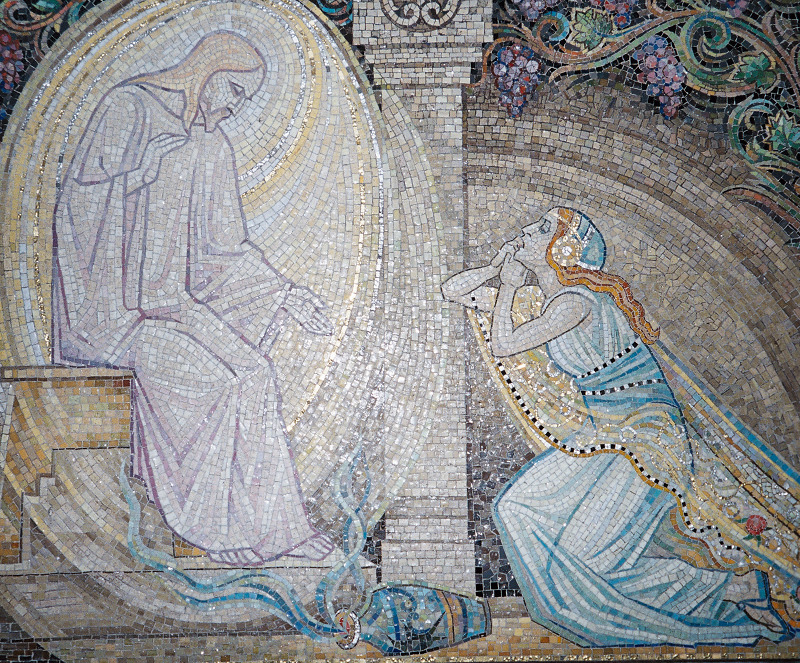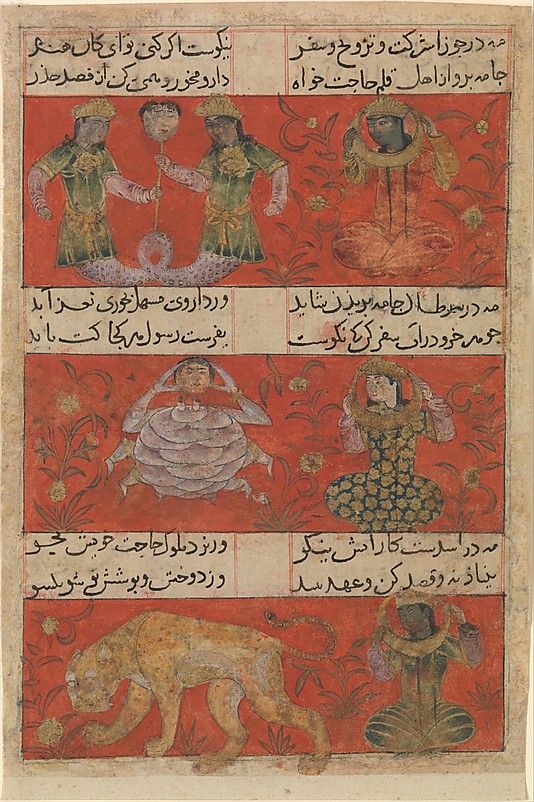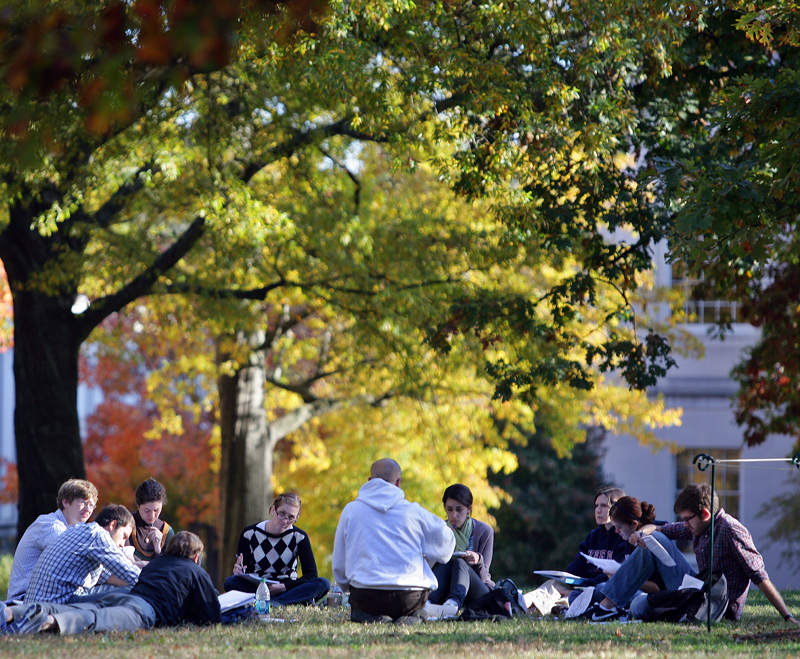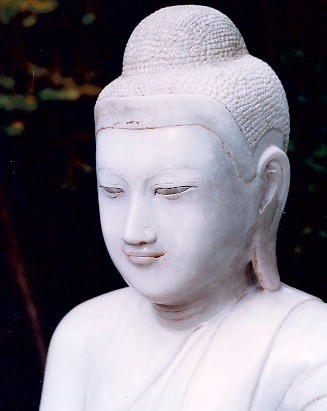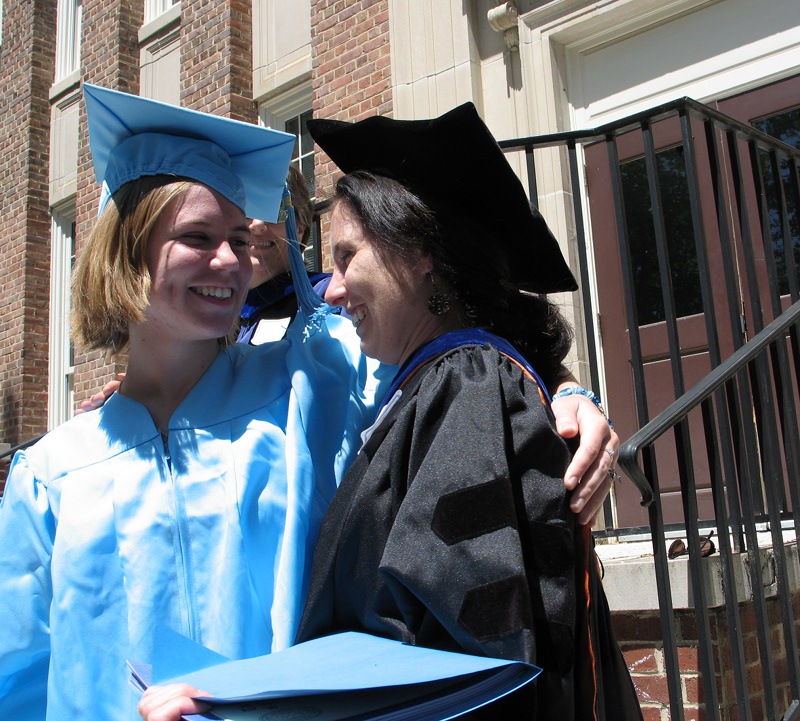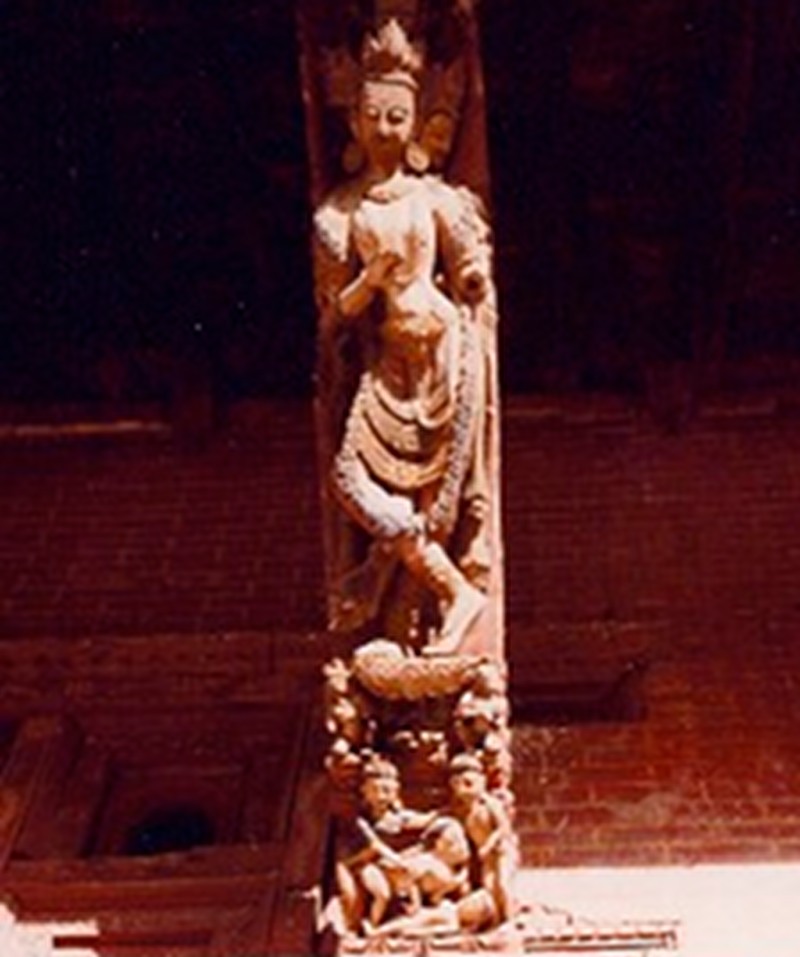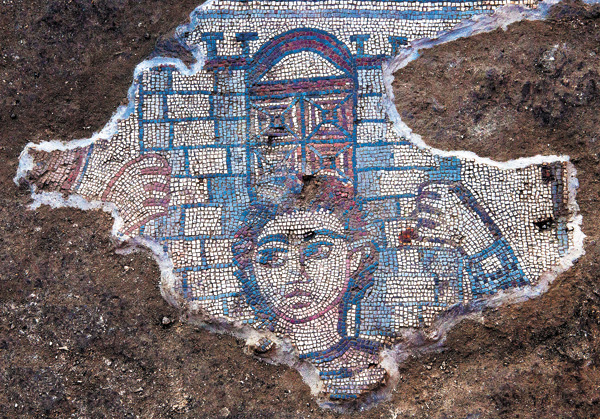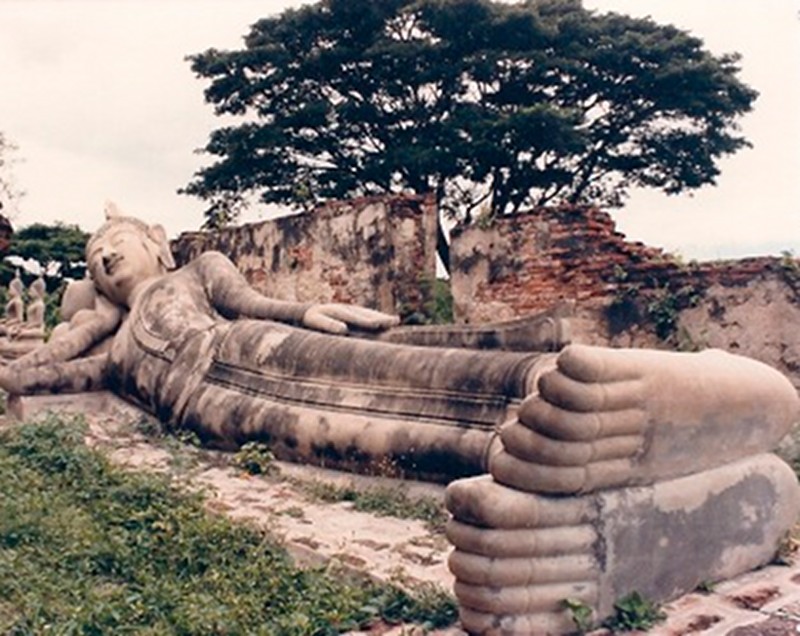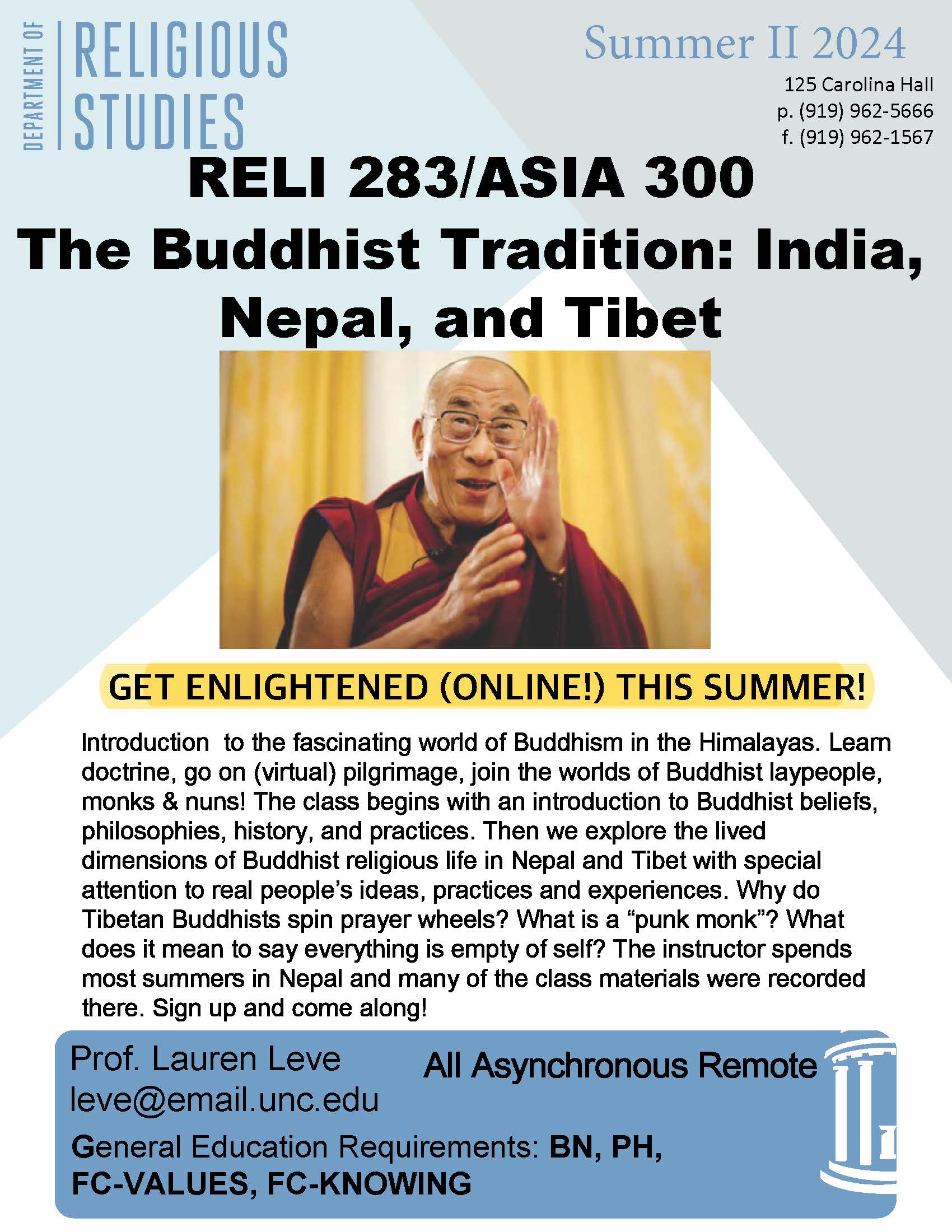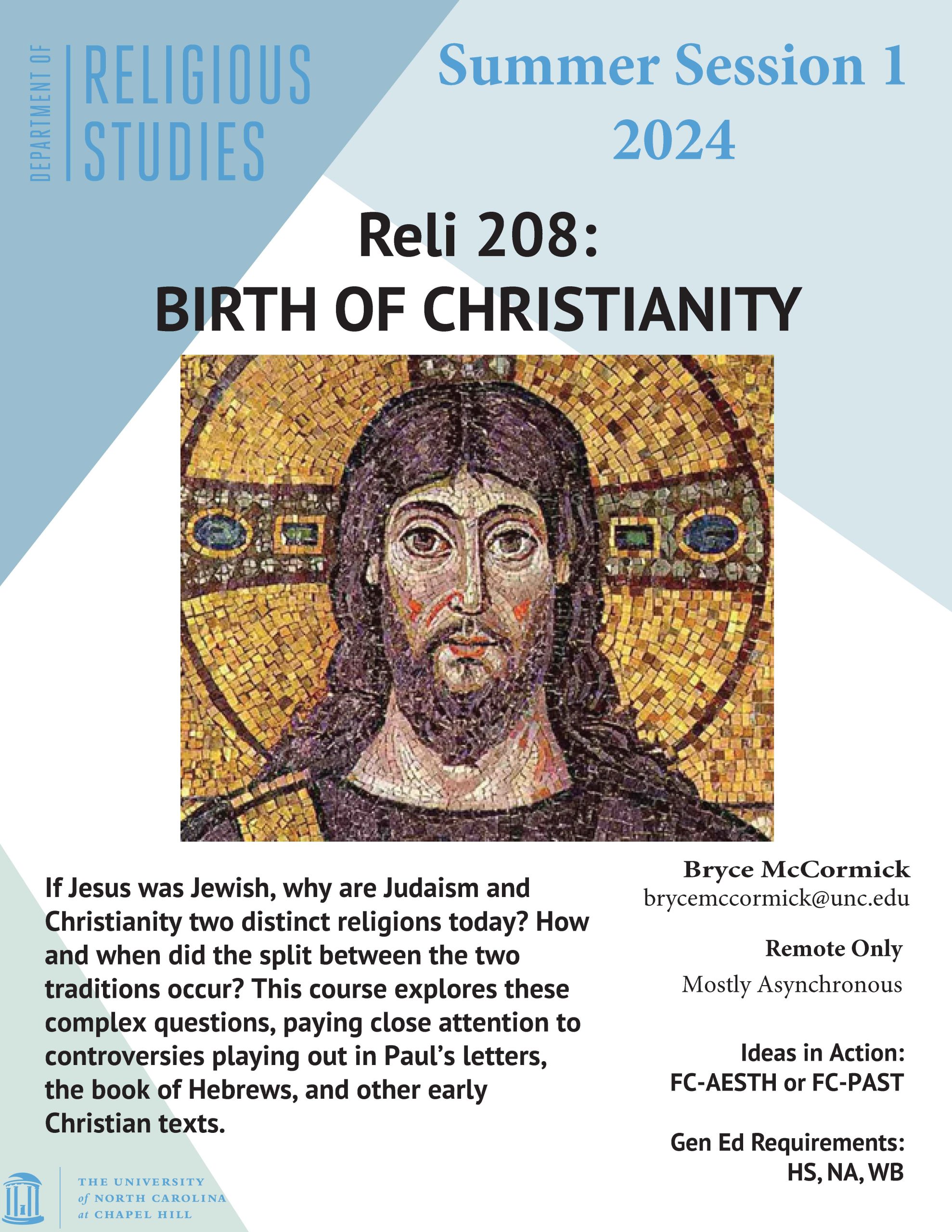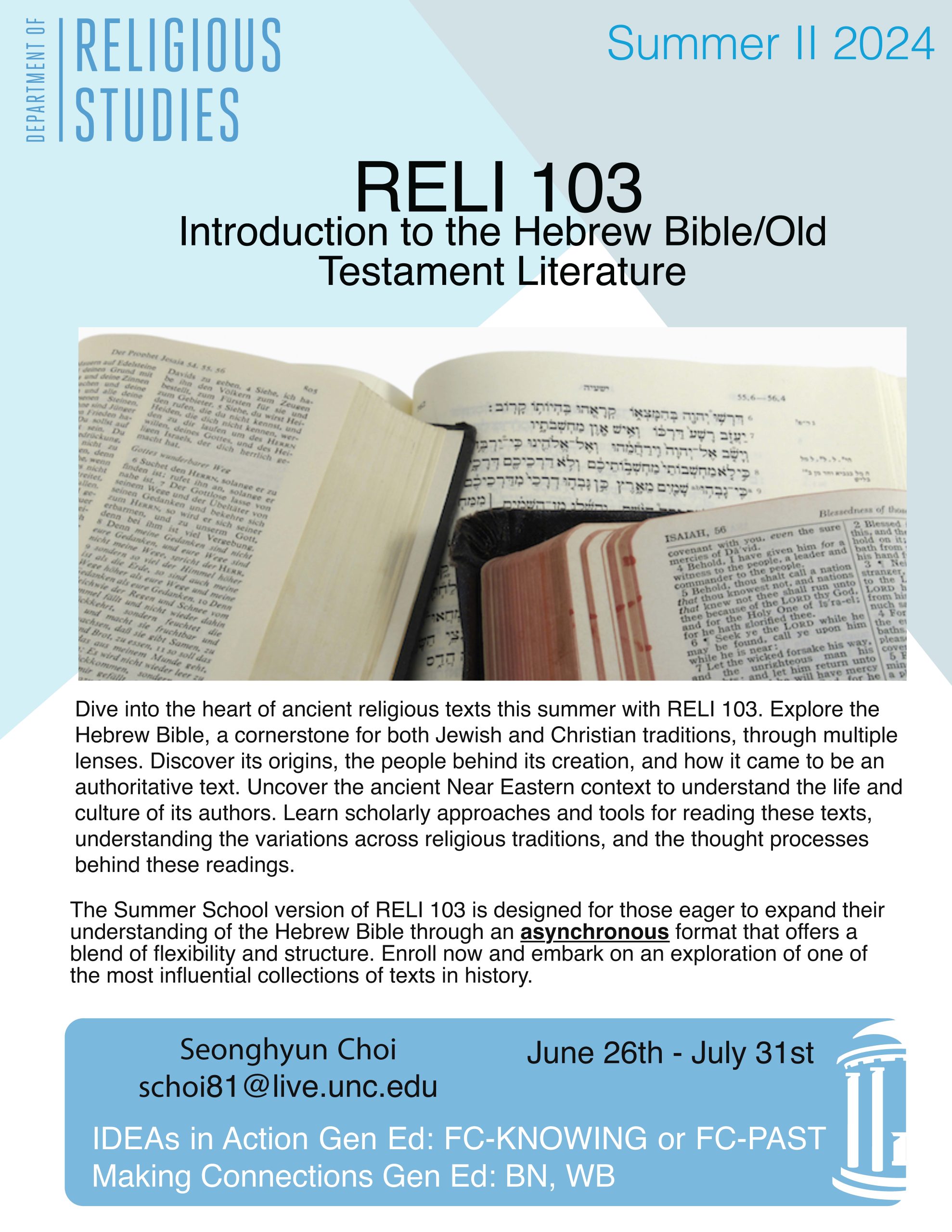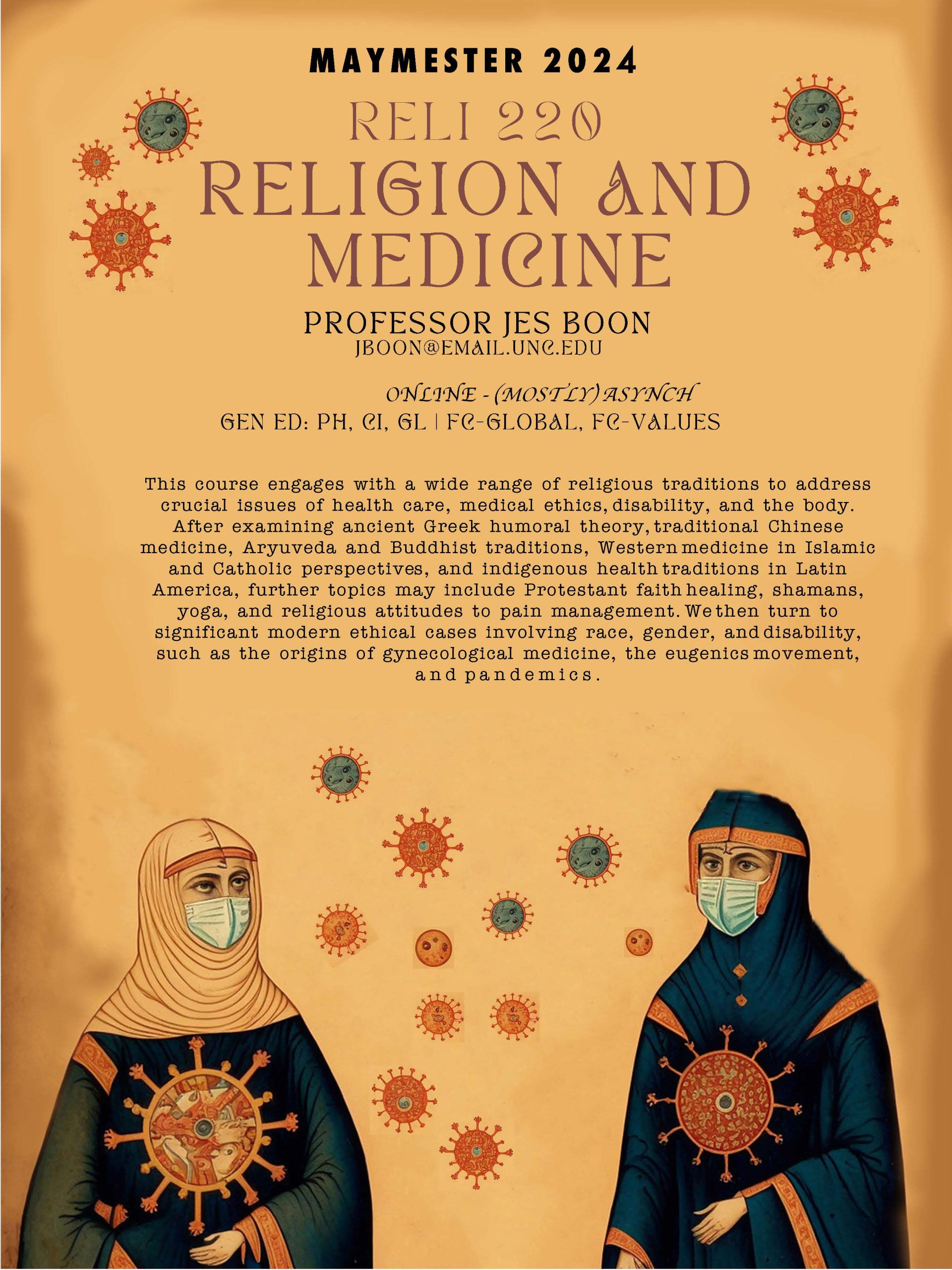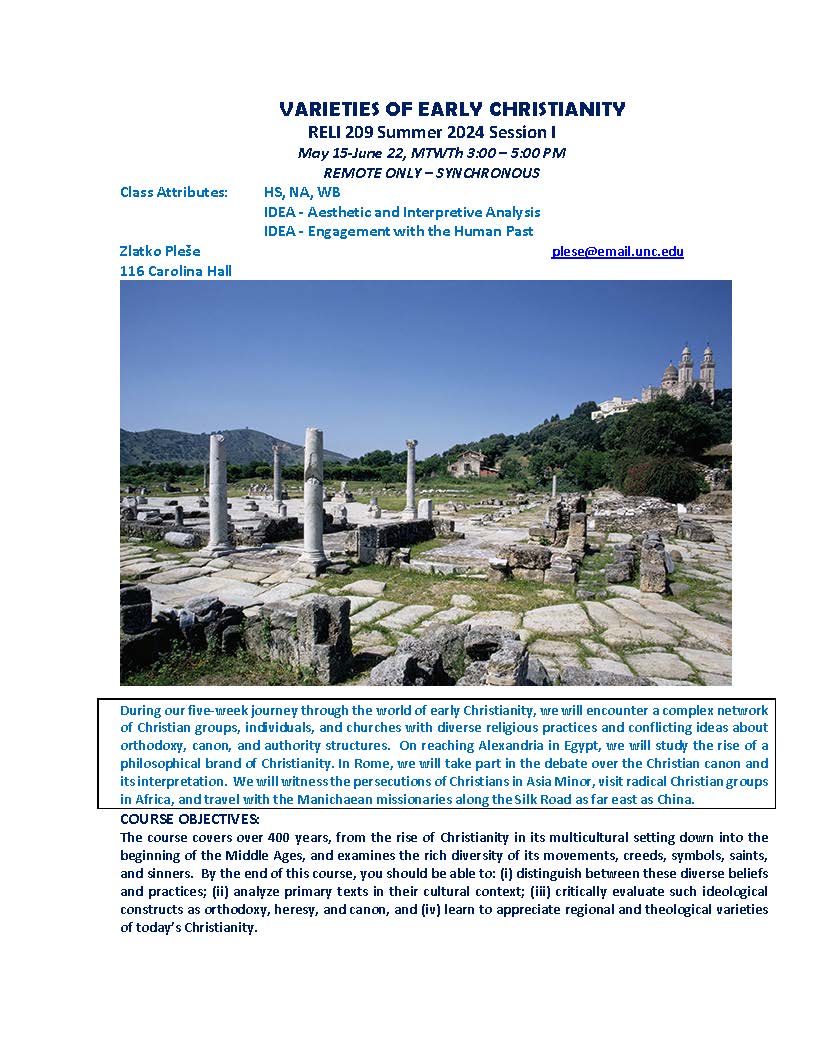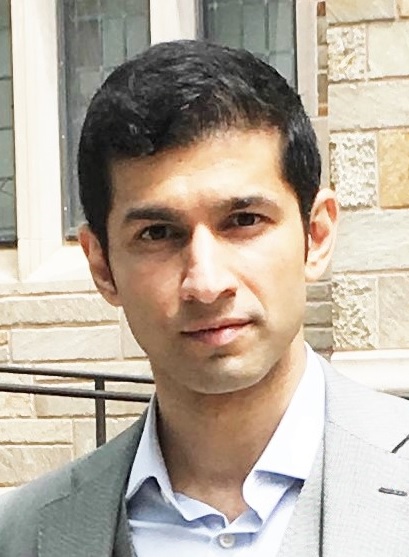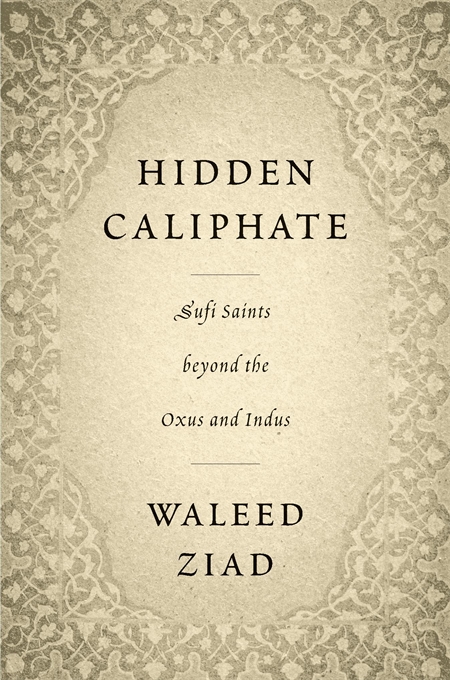|
|
|
|
For our Summer 2024 courses, click HERE!
We’re excited to announce that our Maymester, Summer 1, and Summer 2 courses for 2024 are now open for enrollment. Most of these courses will be taught in a remote, asynchronous approach (though, not all).
Maymester
| Reli 140 | Intro to American Religion | FC-Past & FC-Knowing |
| Reli 162 | Catholicism Today | FC-Past |
| Reli 220 | Religion & Medicine | FC-Global & FC-Values |
| Reli 246 | Supernatural Encounters | FC-Power & FC-Knowing |
Summer 1
| Reli 104 | New Testament | FC-Past & FC-Knowing |
| Reli 106 | Early Judaism | FC-Past & FC-Knowing |
| Reli 121 | Intro to Religion & Culture | FC-Values & FC-Knowing |
| Reli 180 | Islamic Civilizations | FC-Past & FC-Knowing |
| Reli 208 | Birth of Christianity | FC-Aesth & FC-Past |
| Reli 209 | Varieties of Early Christianity | FC-Aesth & FC-Past |
| Reli 236 | Religious Things | FC-Create |
Summer 2
| Reli 103 | Intro to Hebrew Bible | FC-Past & FC-Knowing |
| Reli 122 | Philosophical Approaches to Religion | FC-Values & FC-Knowing |
| Reli 141 | African-American Religion | FC-Power |
| Reli 161 | History of Christian Traditions | FC-Past |
| Reli 201 | Biblical Interpretation | FC-Aesth & FC-Knowing |
| Reli 207 | Jesus in the Early Gospels | FC-Past |
| Reli 283 | Buddhist Tradition: India, Nepal, Tibet | FC-Values & FC-Knowing |
Posted in News & Events on April 21, 2024
Congratulations to Kenan Distinguished Professor for Teaching Excellence in Early Judaism Jodi Magness whose research on Huqoq is featured on National Geographic’s cover page! Stay tuned for more information.
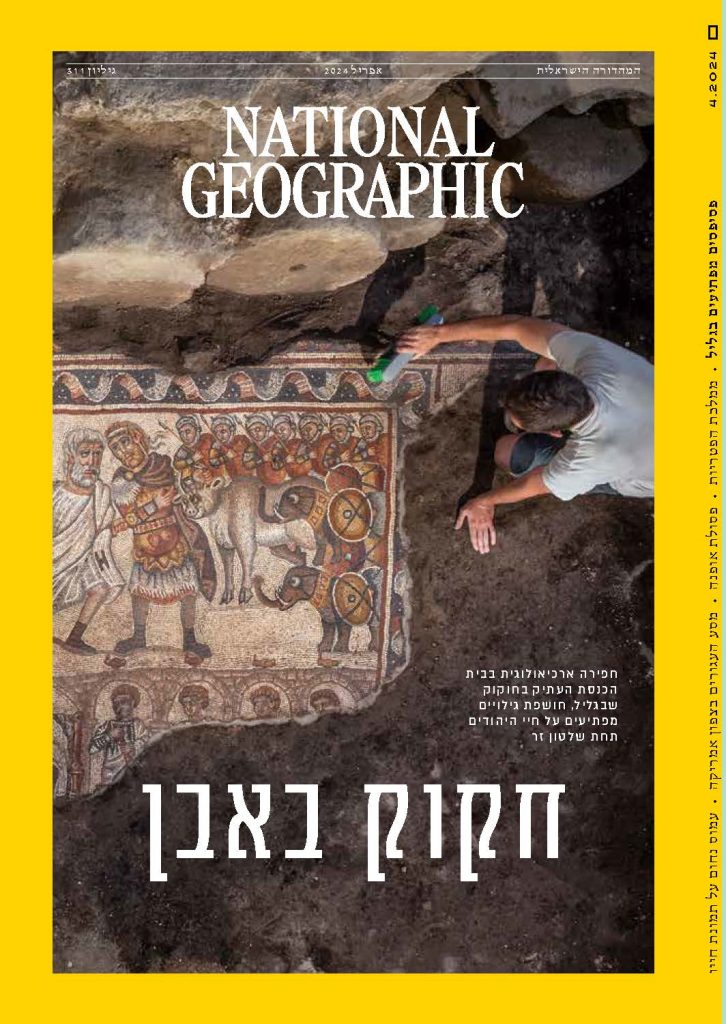
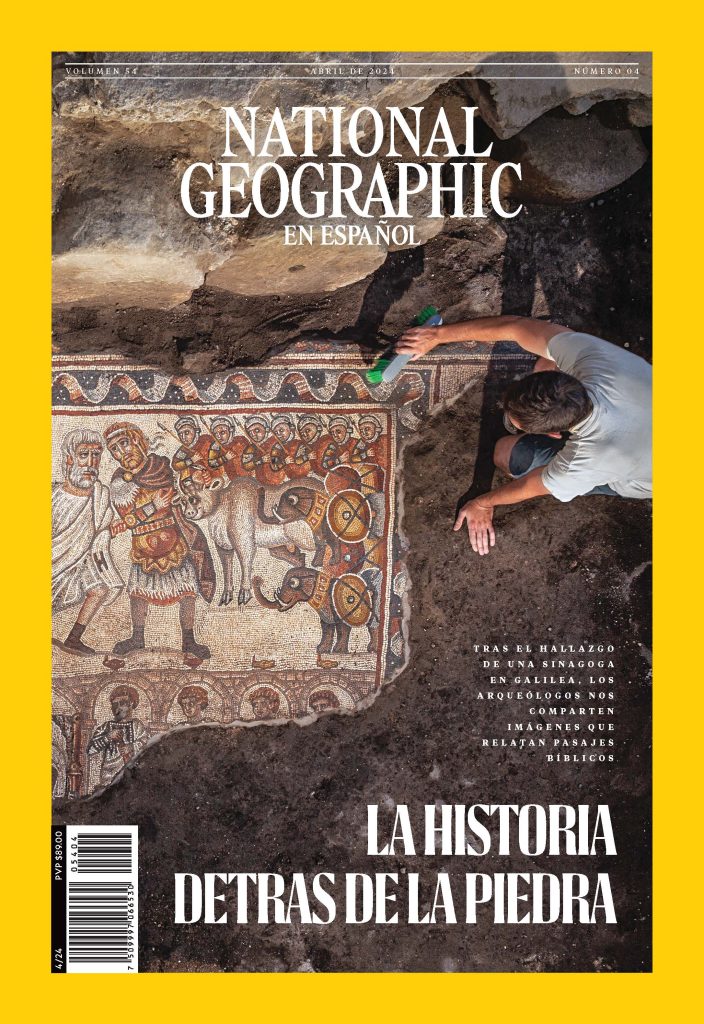
Posted in News & Events on April 16, 2024
Over Spring Break, a group of faculty and graduate students from the Department of Religious Studies traveled to London to participate in a joint interdisciplinary conference with King’s College on the theme of “Ancient Religion and Modern Debates.”
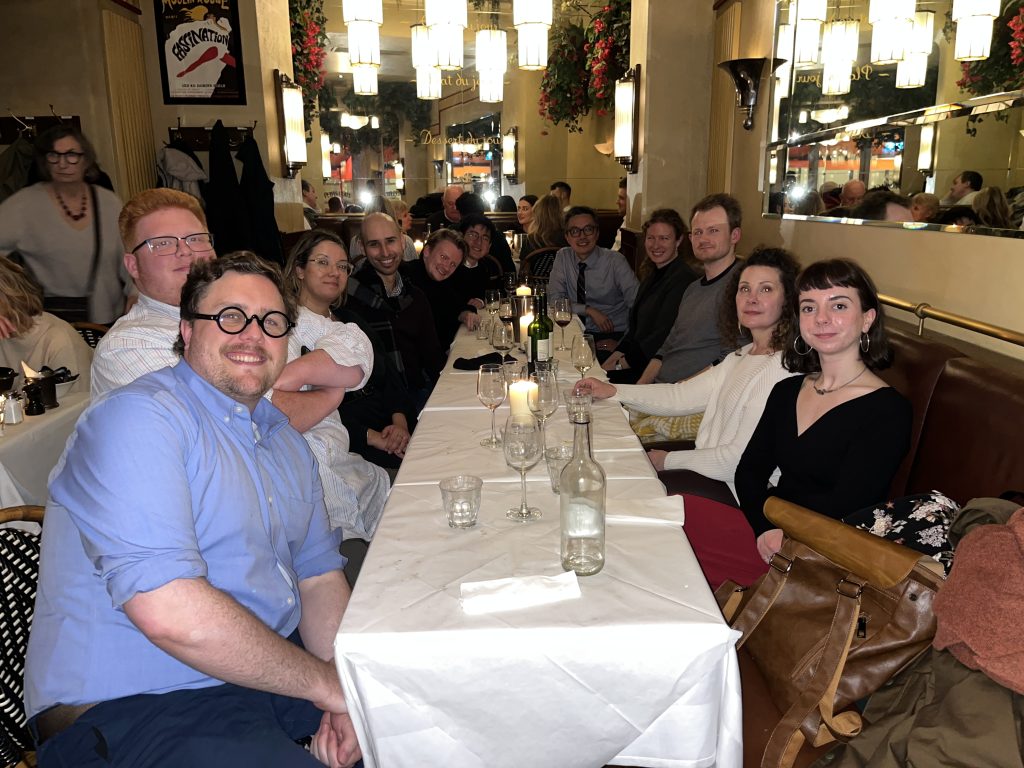
This conference, which was made possible through support from the IAH King’s College Fund, the Carolina Center for Jewish Studies, and the Department of Religious Studies, explored ways in which ancient texts might offer resources for reconsidering some of the most pressing and profound questions we confront today—from climate change, to artificial intelligence, to our conceptions of the human. Many thanks go out to our KCL colleagues, especially Dr. James Corke-Webster of KCL Classics, for being such wonderful hosts and dialogue partners throughout the conference.
Posted in News & Events on April 12, 2024
Check out a few posters for our upcoming Maymester and Summer School courses for 2024. For a full list, click HERE.
Check out this fantastic report published on the ASOR website, by Hania Kantzer, a UNC undergrad who participated with Professor Jodi Magness on the Huqoq excavations last summer and received an ASOR fellowship (as well as support from the Carolina Center for Jewish Studies).
Hania Kantzer is a sophomore at the University of North Carolina at Chapel Hill studying chemistry and Asian studies. This past summer, she was a grateful recipient of the Stevan B. Dana Fieldwork Scholarship through ASOR, and was able to work as a student researcher on the Huqoq Excavation Project.
Here is a snippet of the article:
If you had asked me a year ago if I’d be up for working eight hours a day, six days a week, in the summer heat, starting at around 5 am every morning, I probably wouldn’t have been as enthusiastic as I am now. However, almost as soon as I began, I realized what an honor, what an unforgettable experience, and what an education it was!
Huqoq, an ancient Jewish village nestled about three miles to the west of Capernaum and Migdal (Magdala) in the Galilee region of Israel, has been the site of ongoing excavations since 2011. Dr. Jodi Magness of the University of North Carolina at Chapel Hill, leading the excavation, has unearthed a remarkable Late Roman synagogue dating back to the early fifth century C.E. This synagogue is adorned with mosaics which not only depict a range of biblical scenes but also mark the very first instance of a non-biblical narrative ever discovered in an ancient synagogue. When I was working for the Center for Jewish Studies on campus at my school, I presented to many classrooms (once, even to Professor Magness’ class) about this excavation as a possible research opportunity. Whether I persuaded others very well, I don’t know, but I definitely convinced myself! I ended up applying to join her team for Summer 2023.
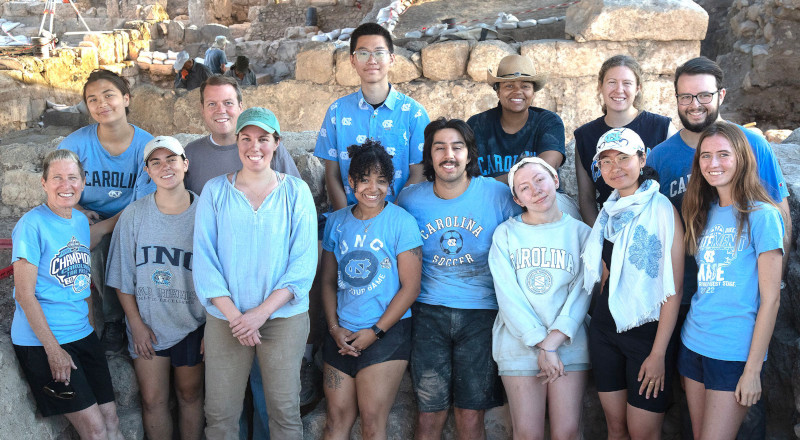
Professor Jodi Magness with current and former UNC students at the Huqoq excavations (Photo credit: Jim Haberman).
Click here to continue reading this wonderful article!
Posted in News & Events on March 17, 2024The Department of Religious Studies is delighted to welcome Dr. Abelardo de la Cruz to the faculty as Assistant Professor and Nahua scholar in Religion in the Americas. 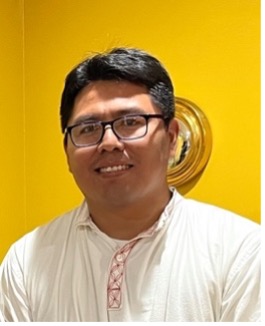 Dr. de la Cruz holds a Ph.D. in Anthropology focused on Religious Studies and is an expert in religion in Mexican Indigenous communities. His doctoral dissertation, “Motiochihuanih: Catechists and Prayer Specialists as Religious Leaders Brokering ‘el costumbre’ Nahua, in Chicontepec, Veracruz,” examines religion as it is practiced in the township of Chicontepec, which is in the Huasteca Veracruzana, in Mexico. Using oral histories that date to 1980 and qualitative ethnographic research in the present, the study focuses on four motiochihuanih. Motiochihuanih are religious leaders trained as catechists by the Catholic Church who later became prayer specialists (rezanderos). Dr. de la Cruz analyzes their personal histories, Catholic training, relationships with their clients and communities, nonconformity with Catholicism, and participation in traditional Nahua religion. He is currently working on an Oxford University Press book chapter that explores the life-cycle rituals that are a component of the Nahua religion of today. This semester (Spring 2024), Dr. de la Cruz is teaching RELI 132, “Religion and Global Justice.”
Dr. de la Cruz holds a Ph.D. in Anthropology focused on Religious Studies and is an expert in religion in Mexican Indigenous communities. His doctoral dissertation, “Motiochihuanih: Catechists and Prayer Specialists as Religious Leaders Brokering ‘el costumbre’ Nahua, in Chicontepec, Veracruz,” examines religion as it is practiced in the township of Chicontepec, which is in the Huasteca Veracruzana, in Mexico. Using oral histories that date to 1980 and qualitative ethnographic research in the present, the study focuses on four motiochihuanih. Motiochihuanih are religious leaders trained as catechists by the Catholic Church who later became prayer specialists (rezanderos). Dr. de la Cruz analyzes their personal histories, Catholic training, relationships with their clients and communities, nonconformity with Catholicism, and participation in traditional Nahua religion. He is currently working on an Oxford University Press book chapter that explores the life-cycle rituals that are a component of the Nahua religion of today. This semester (Spring 2024), Dr. de la Cruz is teaching RELI 132, “Religion and Global Justice.”
Please join us in welcoming Abelardo to the department!
Posted in News & Events on January 22, 2024Congratulations to Professor Waleed Ziad, Associate Professor of Islamic Studies! His book Hidden Caliphate: Sufi Saints Beyond the Oxus and Indus (Harvard 2021) has recently received the American Institute of Pakistan Studies 2023 Annual Book Award. The book previously received the Albert Hourani Book Award in Middle East Studies (MESA, 2022), and was shortlisted for the British Association for South Asian Studies 2023 Book Award and the Bloomsbury Pakistan 2022 Book award. Click here to learn more about Professor Ziad’s work.
As noted by the committee, Ziad’s book “is an ambitious study of a network of Sufi religious discourses and practices that spread through large stretches of Asia: ‘across the Indus and Amu Darya well into the Inner Asian Steppes and western China.’ Ziad calls this an ‘interconnected Persianate cosmopolis,’ the intellectual force behind which were Mujaddidi mystic-scholars educated in a variety of arts and sciences at institutions of higher learning in Bukhara, Kabul, Peshawar, and Delhi.
CLICK HERE TO READ MORE ABOUT PROFESSOR ZIAD’S HIGHLY AWARDED BOOK
Posted in News & Events on October 12, 2023
Jodi Magness, Kenan Distinguished Professor for Teaching Excellence in Early Judaism, was recently featured in UNC’s Arts & Sciences magazine. This article, written by Kim Weaver Spurr, features Professor Magness and her decade-long archeological dig at Huqoq, an ancient Jewish village in Israel’s Lower Galilee. To read the full-length story, and to see some amazing pictures from this part of the world, CLICK HERE!
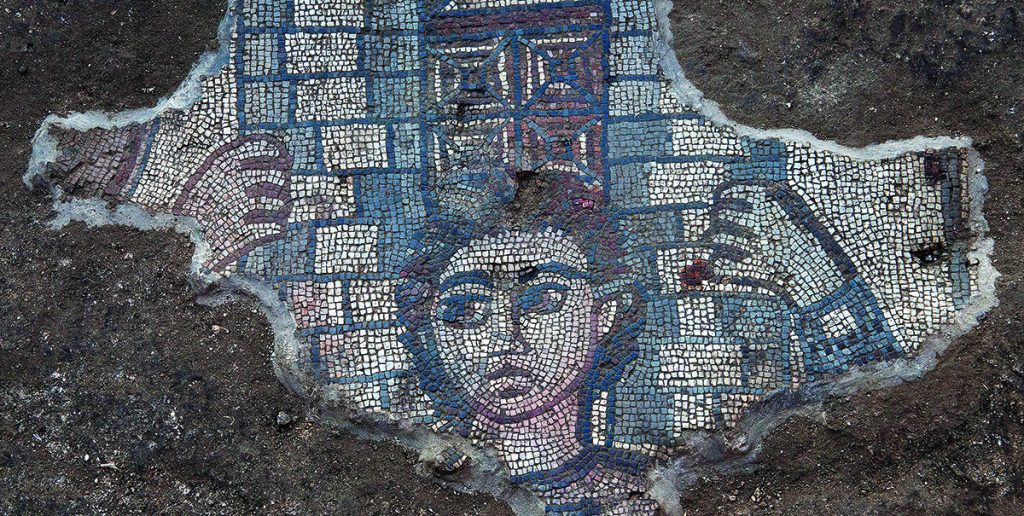
A UNC-led archaeological team in Israel’s Lower Galilee has uncovered stunning biblical mosaics at an ancient synagogue, like this one of Samson carrying the gate of Gaza on his shoulders from Judges 16:3.
Magness began work at this site in 2011, leading to incredible discoveries that, as Spurr writes, “are transforming what we know about Jewish life in ancient Palestine.” Spurr continues by stating that “Magness began digging at Huqoq in 2011 because of big research questions she was hoping to answer. There is nothing in early rabbinic literature that would have prepared her for a synagogue like Huqoq, she said, and that’s where archaeology is helping to fill in the gaps and illuminate the dynamism and complexity of Jewish life 1,600 years ago.”
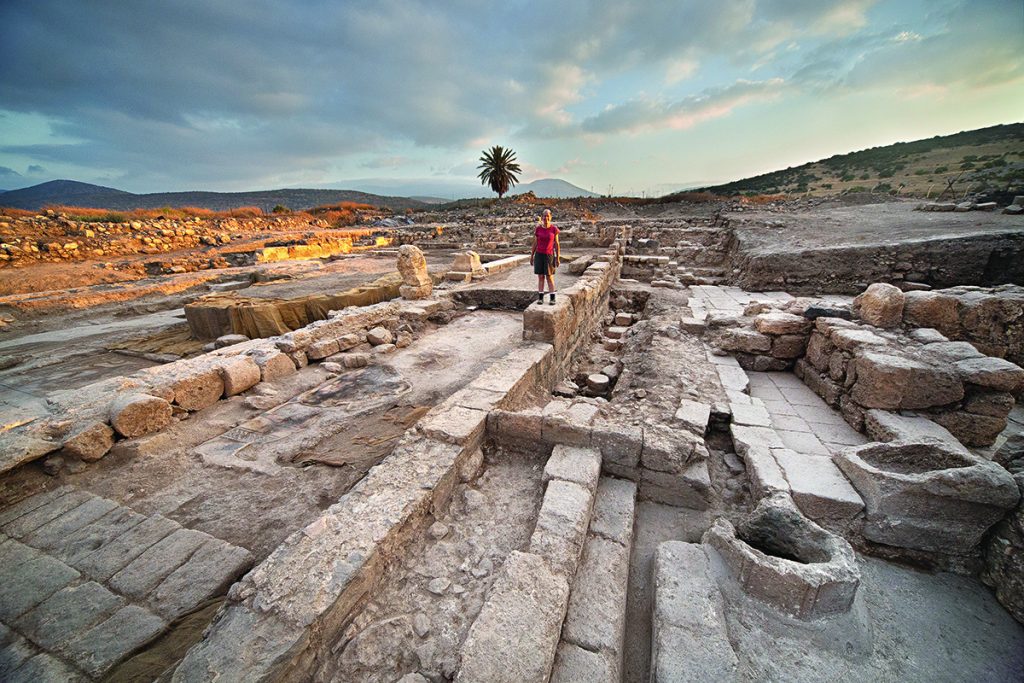
Jodi Magness’ husband, Jim Haberman, captured this shot of her standing on the synagogue’s east wall on the last day of excavations.
“During their years at Huqoq, Magness, a host of international specialists and hundreds of field school students from multiple consortium schools would continue to uncover myriad amazing finds, including the first non-biblical story ever discovered in an ancient synagogue…”

